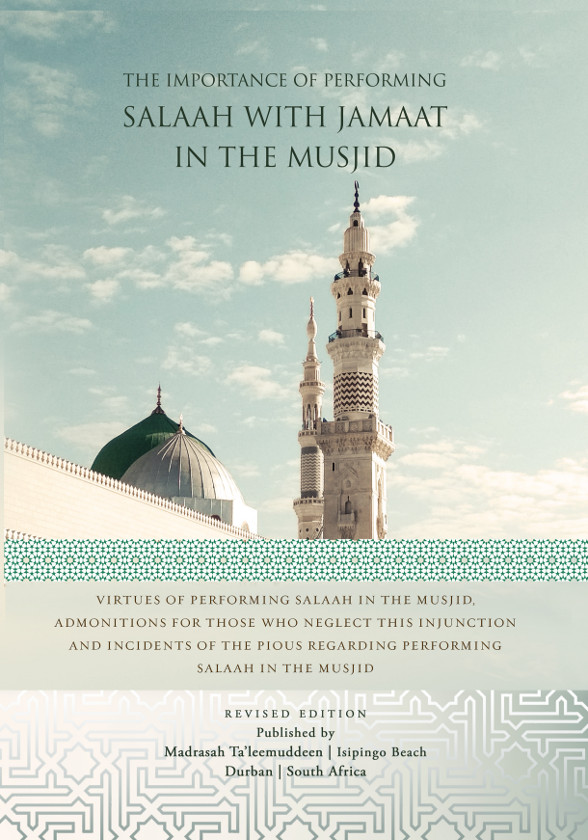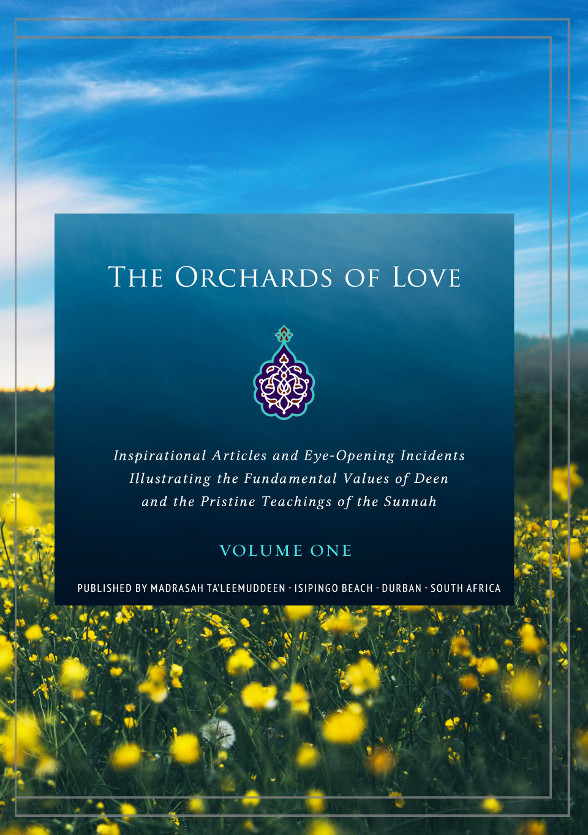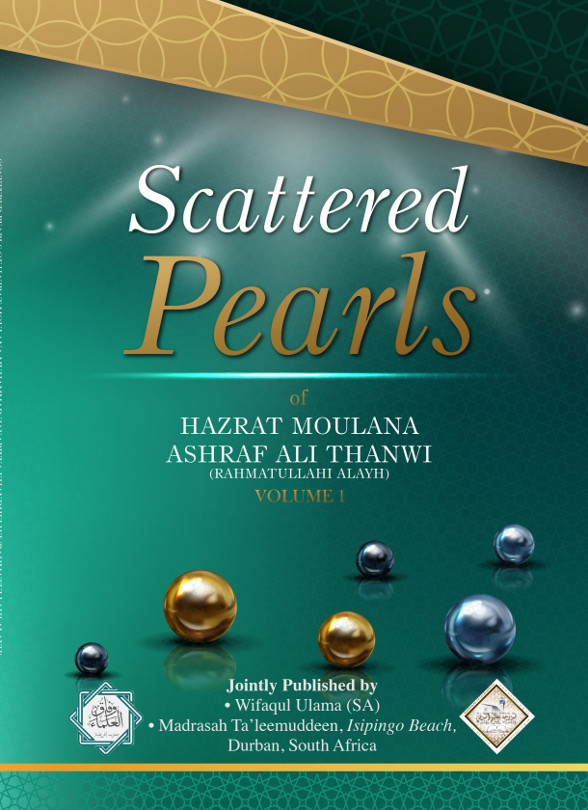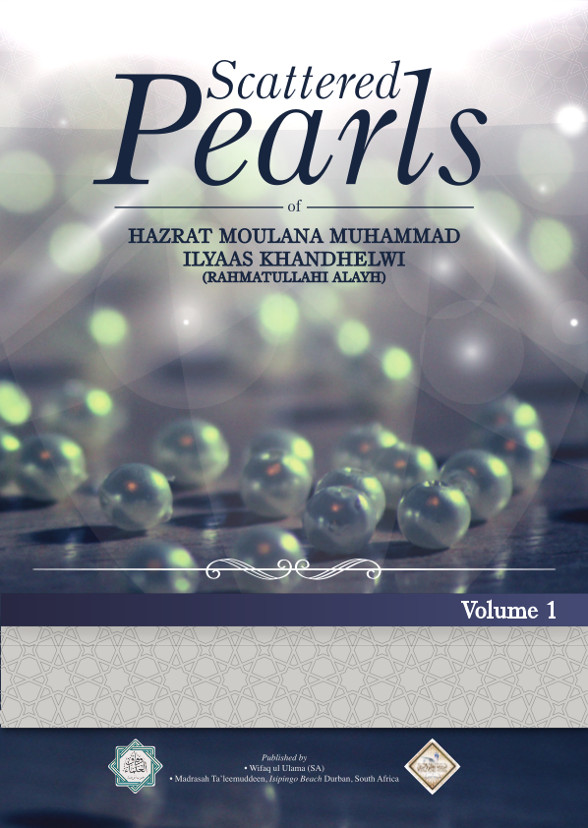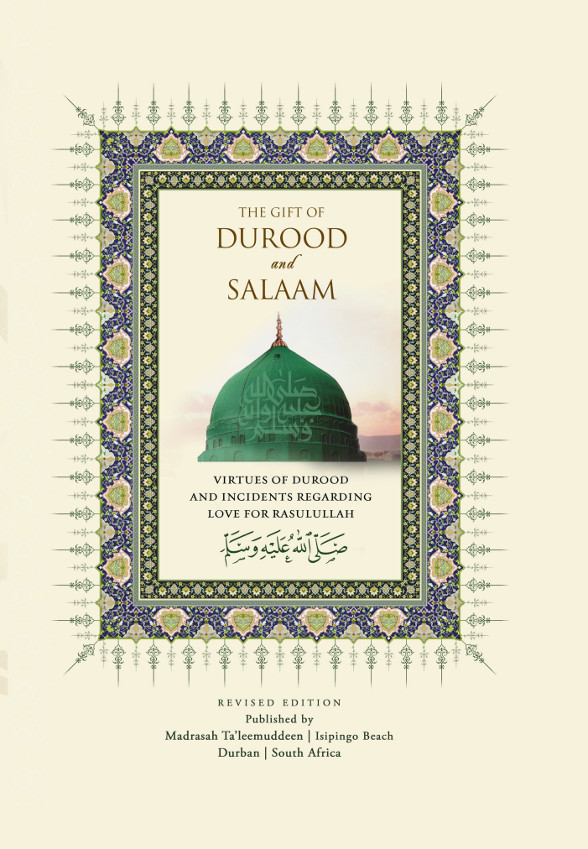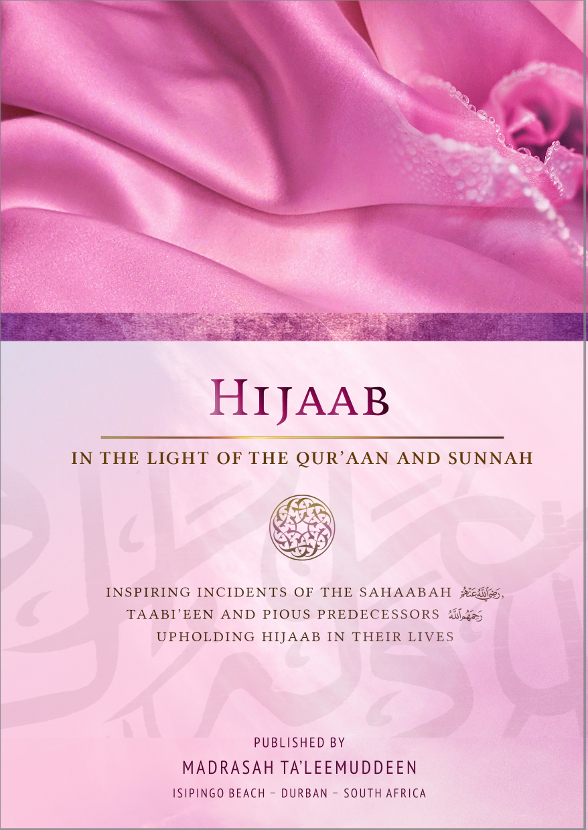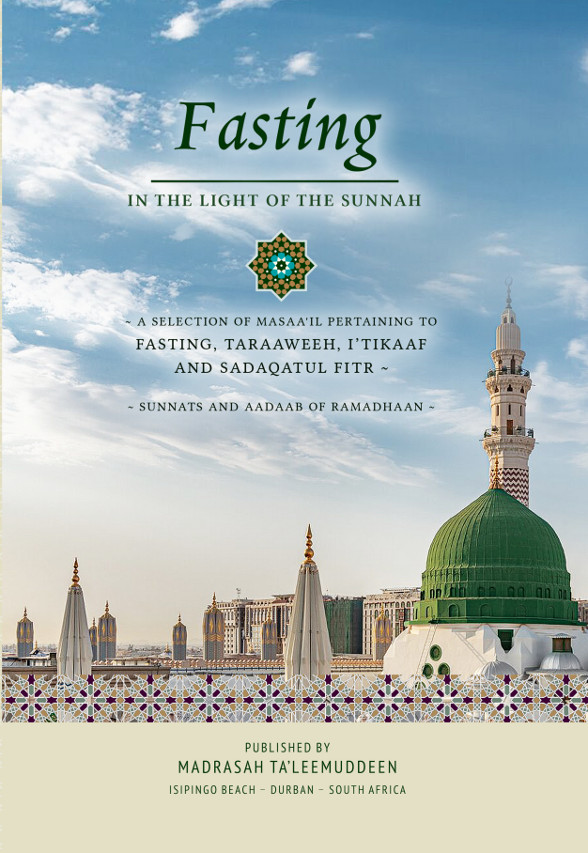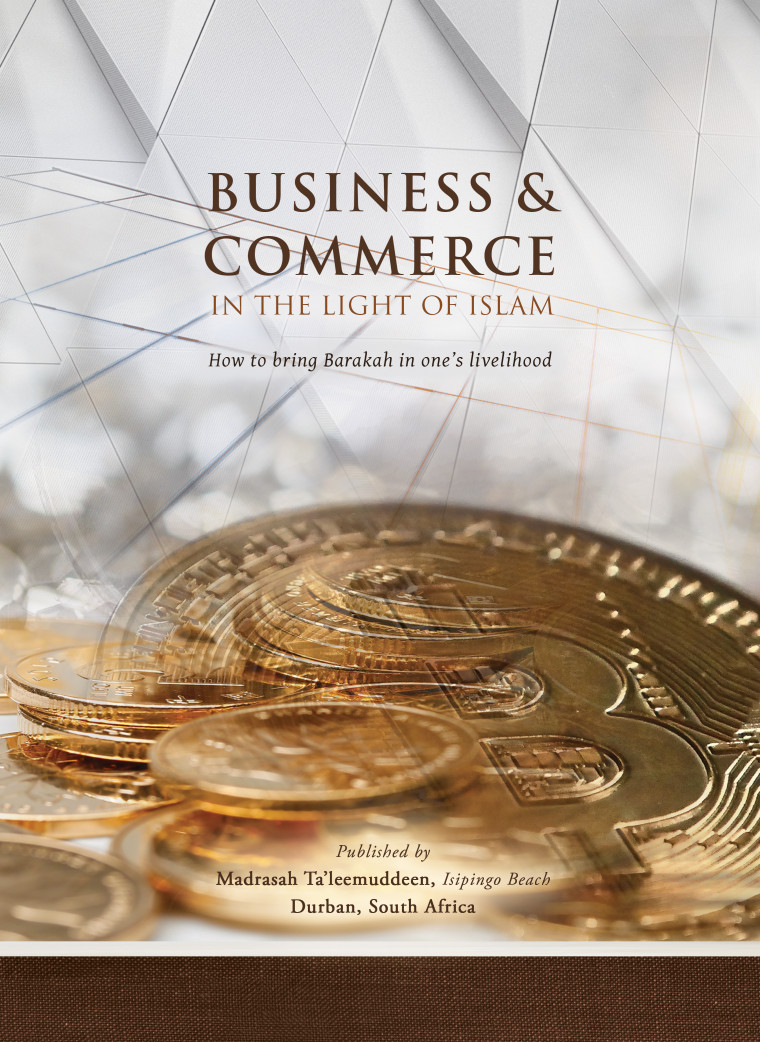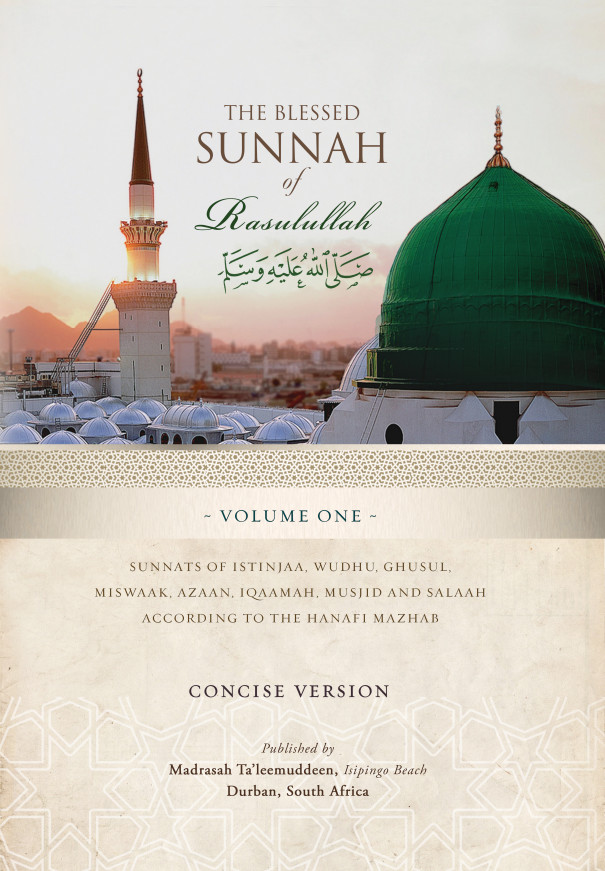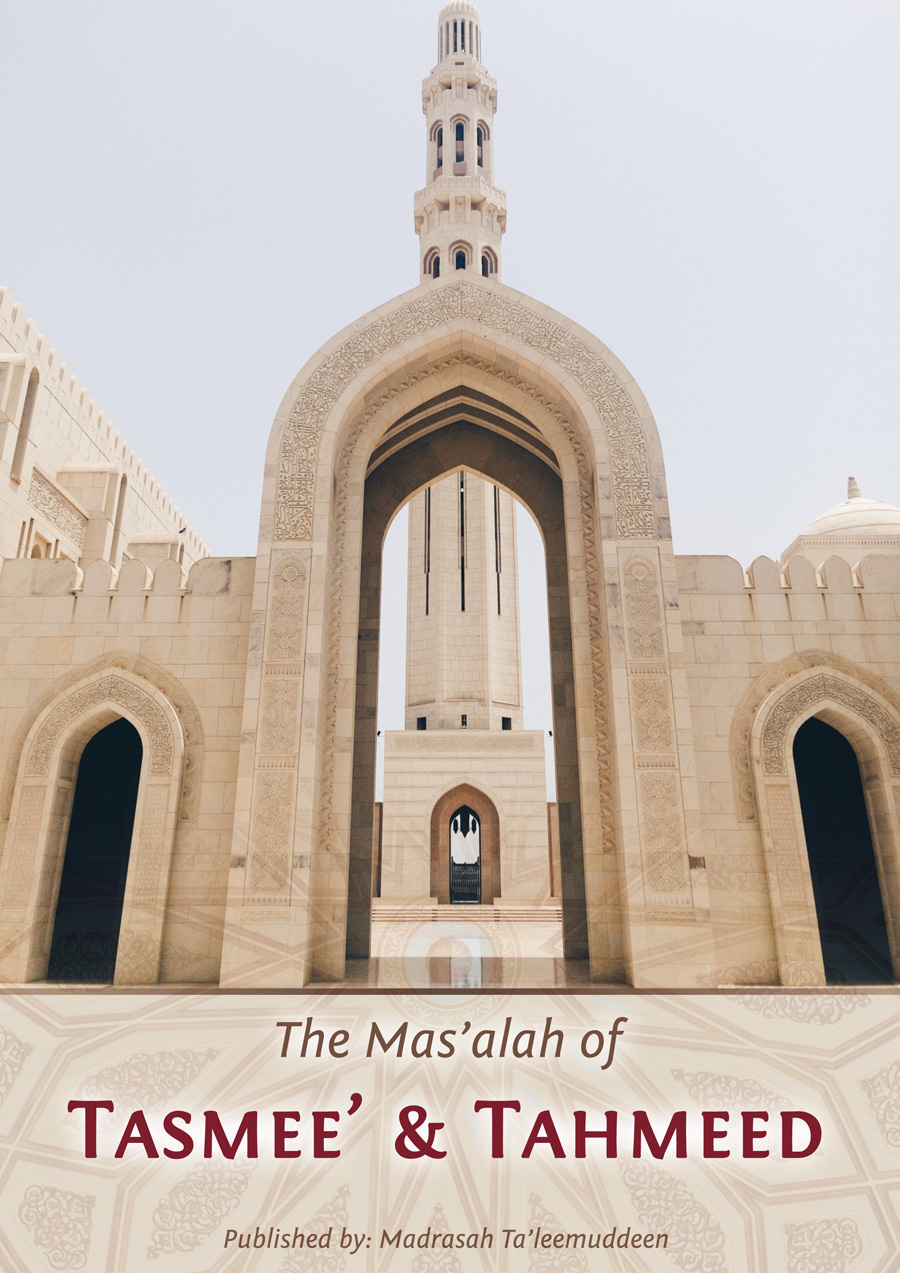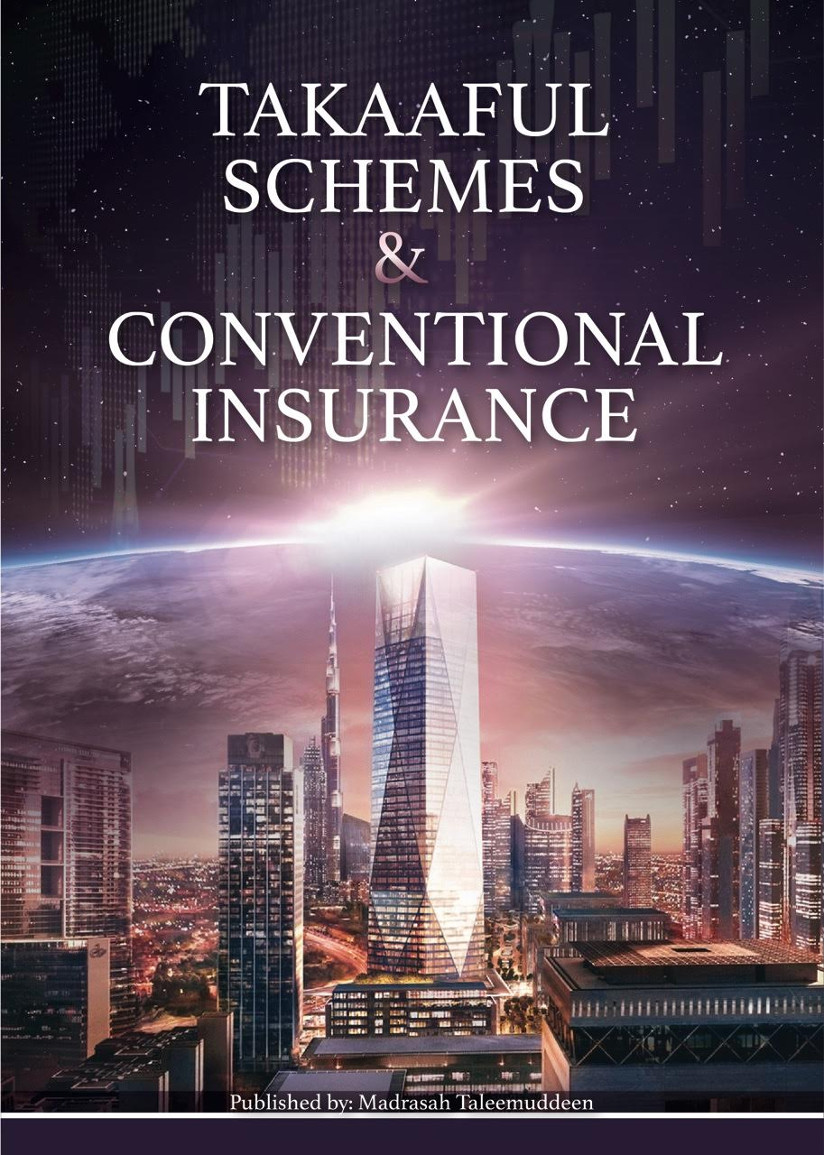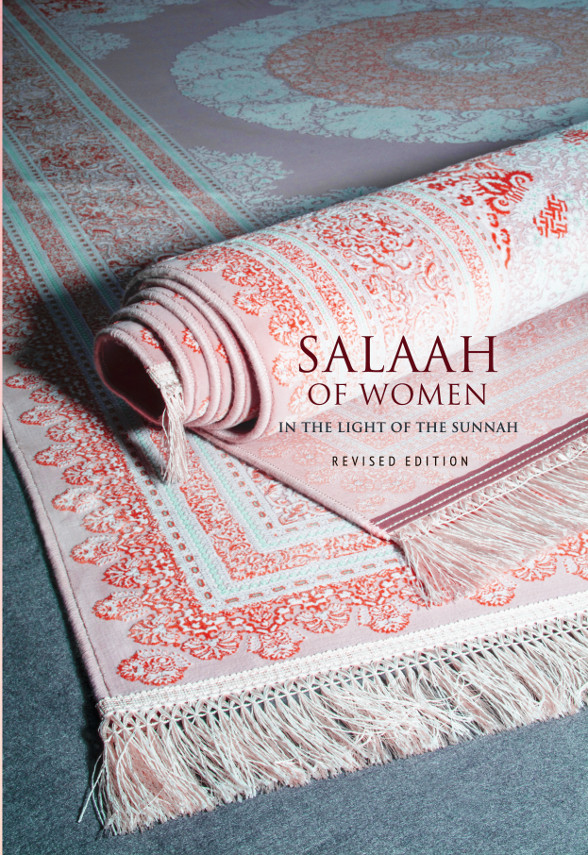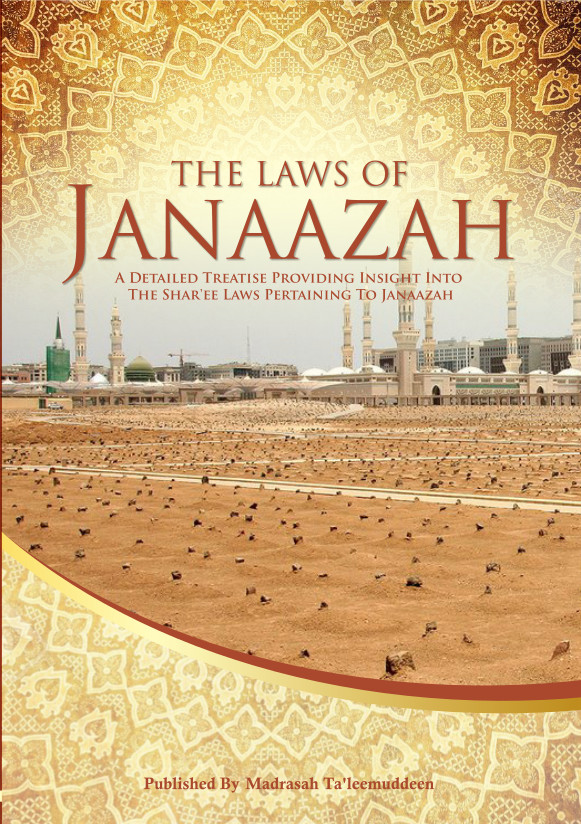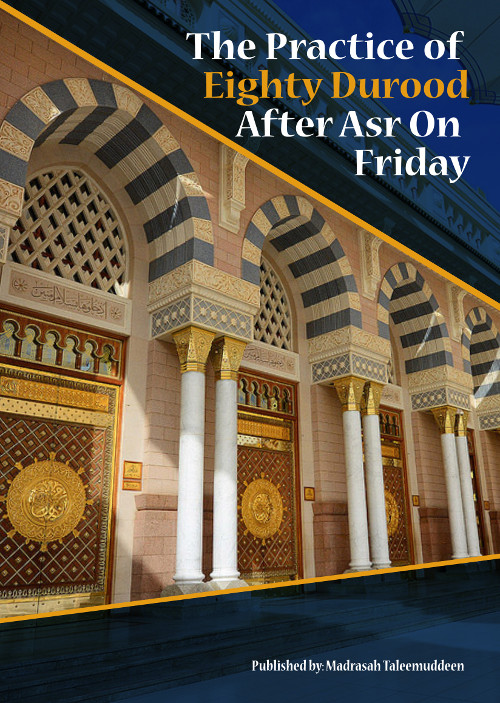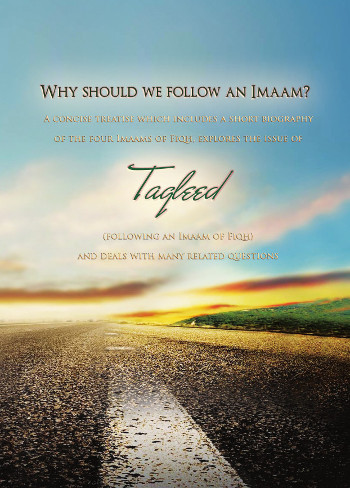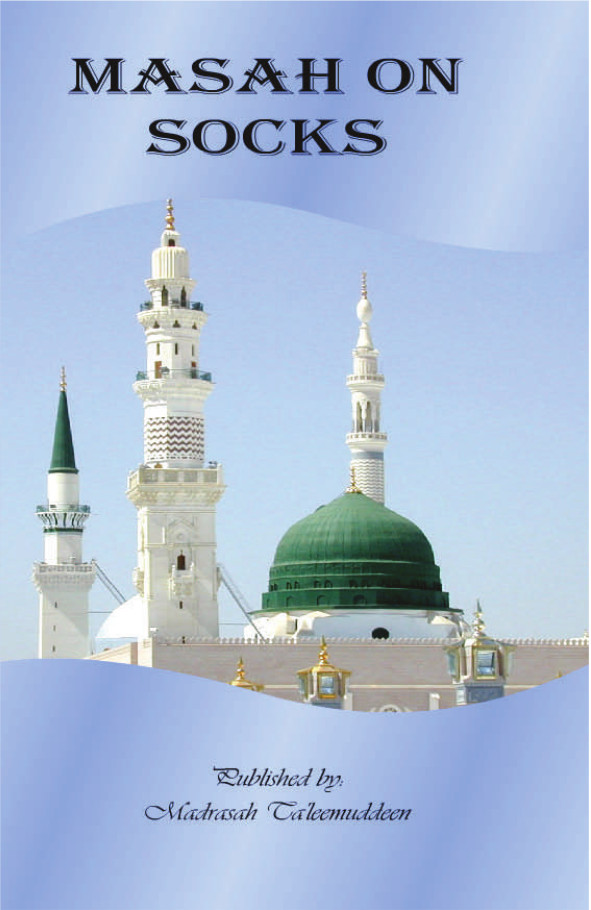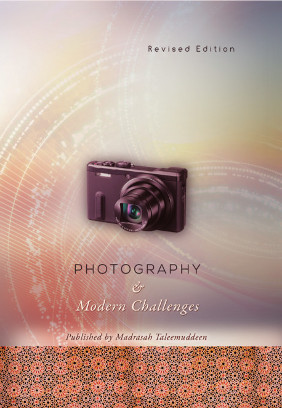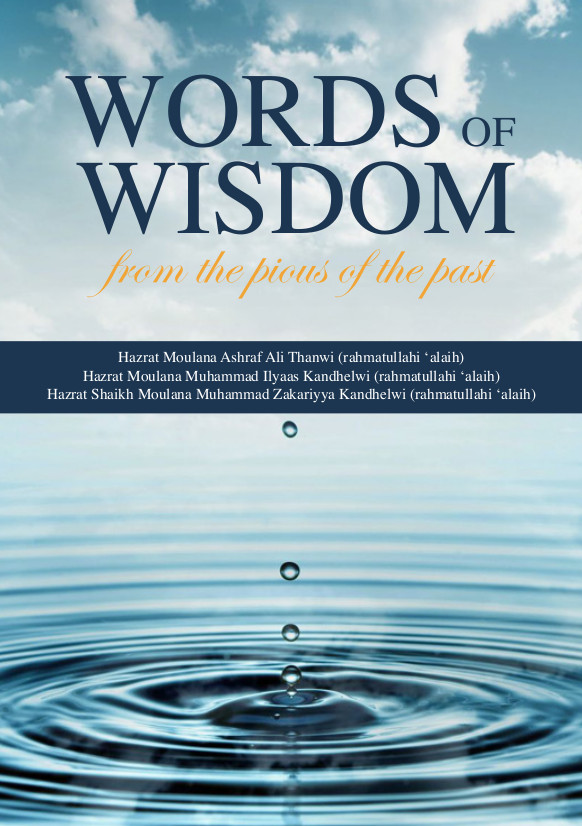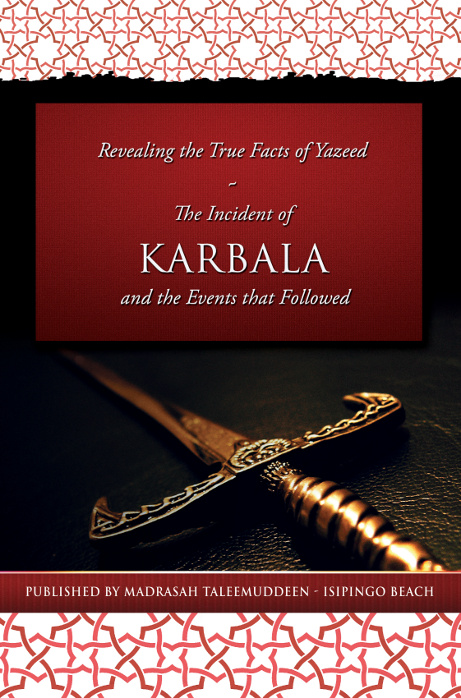Error message
- Notice: Undefined index: sidebar_first in fusion_core_grid_info() (line 504 of /home/muftionline/public_html/sites/all/themes/fusion/fusion_core/template.php).
- Notice: Trying to access array offset on value of type null in fusion_core_grid_info() (line 504 of /home/muftionline/public_html/sites/all/themes/fusion/fusion_core/template.php).
- Notice: Undefined index: sidebar_second in fusion_core_grid_info() (line 506 of /home/muftionline/public_html/sites/all/themes/fusion/fusion_core/template.php).
- Notice: Trying to access array offset on value of type null in fusion_core_grid_info() (line 506 of /home/muftionline/public_html/sites/all/themes/fusion/fusion_core/template.php).
- Notice: Undefined index: sidebar_first in fusion_core_grid_info() (line 504 of /home/muftionline/public_html/sites/all/themes/fusion/fusion_core/template.php).
- Notice: Trying to access array offset on value of type null in fusion_core_grid_info() (line 504 of /home/muftionline/public_html/sites/all/themes/fusion/fusion_core/template.php).
- Notice: Undefined index: sidebar_second in fusion_core_grid_info() (line 504 of /home/muftionline/public_html/sites/all/themes/fusion/fusion_core/template.php).
- Notice: Trying to access array offset on value of type null in fusion_core_grid_info() (line 504 of /home/muftionline/public_html/sites/all/themes/fusion/fusion_core/template.php).
- Notice: Undefined index: sidebar_first in fusion_core_preprocess_page() (line 197 of /home/muftionline/public_html/sites/all/themes/fusion/fusion_core/template.php).
- Notice: Trying to access array offset on value of type null in fusion_core_preprocess_page() (line 197 of /home/muftionline/public_html/sites/all/themes/fusion/fusion_core/template.php).
- Notice: Undefined index: sidebar_first in fusion_core_preprocess_page() (line 197 of /home/muftionline/public_html/sites/all/themes/fusion/fusion_core/template.php).
- Notice: Trying to access array offset on value of type null in fusion_core_preprocess_page() (line 197 of /home/muftionline/public_html/sites/all/themes/fusion/fusion_core/template.php).
- Notice: Undefined index: sidebar_second in fusion_core_preprocess_page() (line 197 of /home/muftionline/public_html/sites/all/themes/fusion/fusion_core/template.php).
- Notice: Trying to access array offset on value of type null in fusion_core_preprocess_page() (line 197 of /home/muftionline/public_html/sites/all/themes/fusion/fusion_core/template.php).
Categories
- Aqaaid (1500)
- Dawat and Tabligh (67)
- Tahaarat (1596)
- Salaah (2717)
- Jumuah (135)
- Eid (40)
- Musjid (195)
- Ramadhaan & Fasting (525)
- Zakaat (768)
- Hajj & Umrah (586)
- Qurbaani & Halaal Slaughter (356)
- Qur'an (615)
- Hadith (473)
- Zikr & Dua (402)
- Business and Dealings (2800)
- Nikaah & Marriage Issues (2161)
- Talaaq (942)
- Women's Issues (788)
- Janaazah (528)
- Waqf (14)
- Oaths & Vows (245)
- Inheritance (464)
- Tasawwuf (89)
- Advice (1877)
- Wazifas (495)
- Names, Surnames & Titles (537)
- Food and Drink (499)
- Dress & Attire (879)
- Miscellaneous (2262)
- History (215)
- Urdu Questions (7191)
Telegram Channel
Subscribe to our Telegram Channel by clicking HERE



